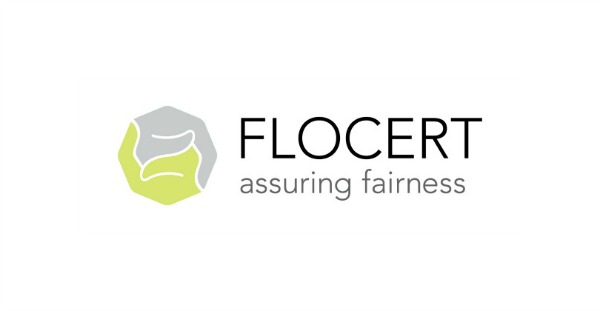Place Categories: Business Services and InternationalPlace Tags: Fairtrade and Germany
FLOCERT is a leading global certification body, providing sole certification to Fairtrade and offering verification services for social, trade and environmental standards as well as private codes of conduct.
Founded in 2003, FLOCERT remains mission-driven and dedicated to working with all types of organizations, from small producers to internationally recognized brands, in order to promote fairness in global trade. Our accreditation as a “Social Enterprise” demonstrates our commitment to social business values.
With four international offices conducting business in over 120 countries, FLOCERT specializes in offering global reach with local expertise. For more information, visit us at www.flocert.net
No Records Found
Sorry, no records were found. Please adjust your search criteria and try again.
Google Map Not Loaded
Sorry, unable to load Google Maps API.





Leave a Reply
Want to join the discussion?Feel free to contribute!